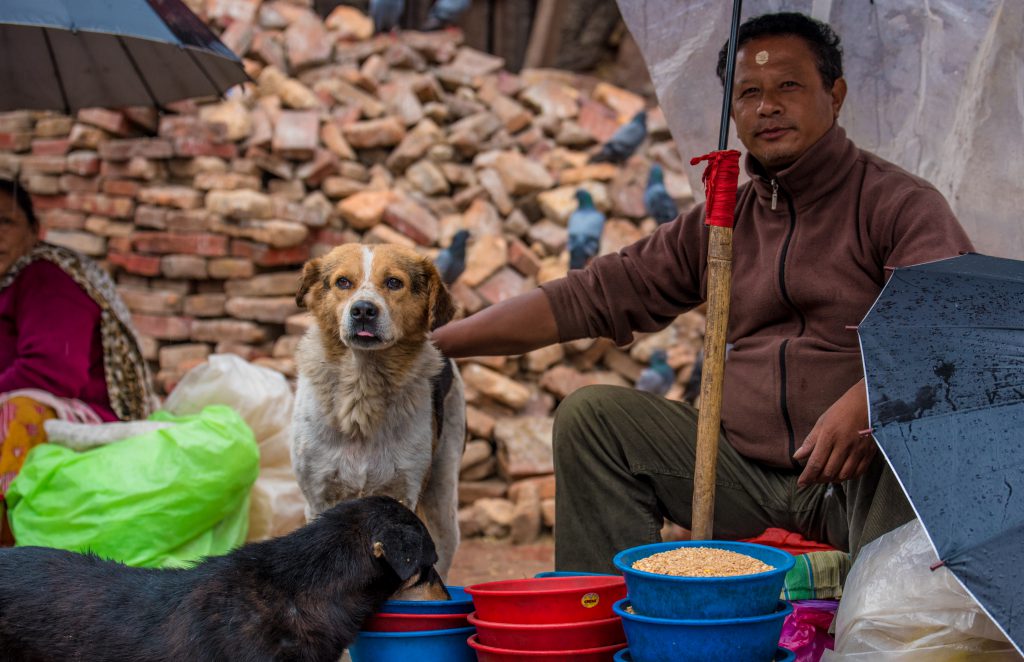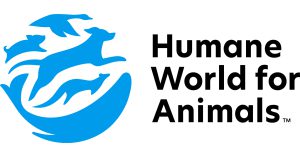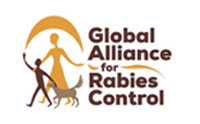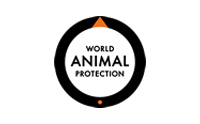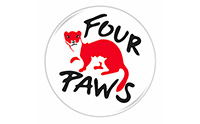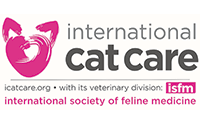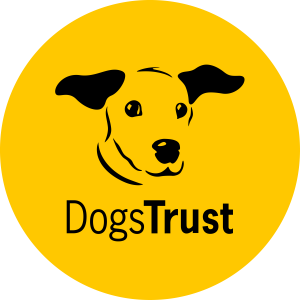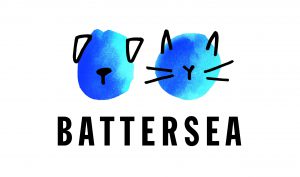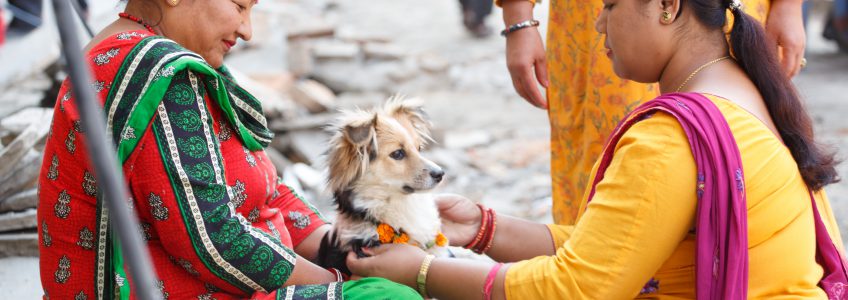
In Nepal it’s believed that caring for dogs will ease your path to heaven. On Kukur Tihar (the festival of dogs), people garland dogs with flowers and cook them special food, to honour the human and dog friendship. A multi-method baseline assessment conducted in 2016 (see Case Study Baseline assessment Kathmandu, Nepal) found that Kathmandu’s roaming dog population is generally healthy and accepted by the community. More than a third of households reported to place food on their doorstep for local dogs and, when asked about the number of dogs roaming on their street, over 40% of respondents felt it was “about right” or even “too few”. Interventions up until then had aimed to eliminate or reduce the dog population, but a new initiative launched by HSI, the local authority and a local organisation, the Jane Goodall Institute Nepal, aimed to engage the community in the care of dogs, building on the foundation of compassion in Nepalese religious culture.
Under the initiative, named Manu Mitra (meaning “friend of human”), an Animal Management Committee (AMC) is established in each of the city’s 32 wards, by instruction from the mayor. These committees assume responsibility for managing their ward’s roaming animals, resolving human-animal conflict issues locally and humanely, and educating residents in responsible animal ownership. They recruit Animal Management Assistants (AMAs); local volunteers with a track record of caring for animals in the community. AMAs join a peer-supported training programme and are provided with official identification and materials such as a veterinary first aid kit. AMA training modules include rabies prevention and control, veterinary first aid and post-operative care for sterilised dogs. They work closely with Manu Mitra veterinarians and animal welfare officers to ensure all the local dogs are rabies-vaccinated and to select dogs for sterilisation, first gaining consent from an owner or carer for every dog. AMAs provide ongoing monitoring of roaming dogs, informing Manu Mitra when new dogs need vaccination or sterilisation, and treating those with minor ailments and skin disease in situ. AMAs are the experts in their local dogs, and as local residents, are best placed to ensure saturation of DPM effort in their ward whilst being continuous advocates for responsible ownership and animal welfare.
“Now we can walk through the wards and see that all of the dogs are ear-notched [sterilised]. AMAs will call us if there are any new puppies, sick or suspect rabid dogs. Our AMAs make the community a better place to live by reducing nuisance, combatting cruelty and promoting a lifelong culture of care for animals in the community. They are saving human lives by preventing rabies and helping to protect children and vulnerable people from dog bites.” Dr. Prabin Thapa, Manu Mitra Veterinary Coordinator.
AMAs often perform other roles in the community such as community health volunteers, going door-to-door to ensure uptake of childhood vaccinations such as polio. Each of these community health volunteers is responsible for a mothers’ group which includes a further 10 volunteers. With each ward having upward of 15 health volunteers (representing 150 volunteers in total), this provides a solid network which can be activated to spread messages of responsible dog ownership and ensure household dogs are vaccinated against rabies. Kathmandu, like much of south Asia, has limited-to-no access to affordable, skilled primary veterinary services to enable communities to provide lifelong care for their animals. Now, there are over 300 AMAs active across the city providing a low cost, prevention-focused community animal health service.
By virtue of the AMCs and AMAs, Manu Mitra has achieved rapid results. Including high rabies vaccination coverage, a stabilising dog population with a significant decline in breeding females and further improved roaming dog health, with a significant decline in the proportion of dogs with visible skin disease. Communities report that dogs are becoming calmer and less aggressive (likely due to a reduction in dog breeding and maternal behaviours) and people are able to walk the streets more comfortably. AMCs report that while people used to ask them to remove dogs, now they ask them to sterilise and vaccinate them. Meanwhile, the mayor of Kathmandu has changed his request for “fewer” roaming dogs to “safe” roaming dogs. Communities are gaining the confidence to resolve animal issues locally and humanely, for instance, when a shop owner was found to have poured boiling water on a local dog, the ward’s AMC ensured he paid “compensation” to the dog.
A regulation has been drafted by the local authority which will enshrine the Manu Mitra system in the municipal law of Nepal, setting out the responsibilities, power and duties of the ward AMCs and AMAs and a supportive coordinating unit. The law also provides a framework for responsible animal ownership upon which the ward committees can build their vision and animal management strategies, adapting them according to their ward’s unique concerns and resources.
